Don't get hit with a fine! This is how high your garden fence can be without planning permission
How high can a fence be without planning permission? The answer may surprise you...

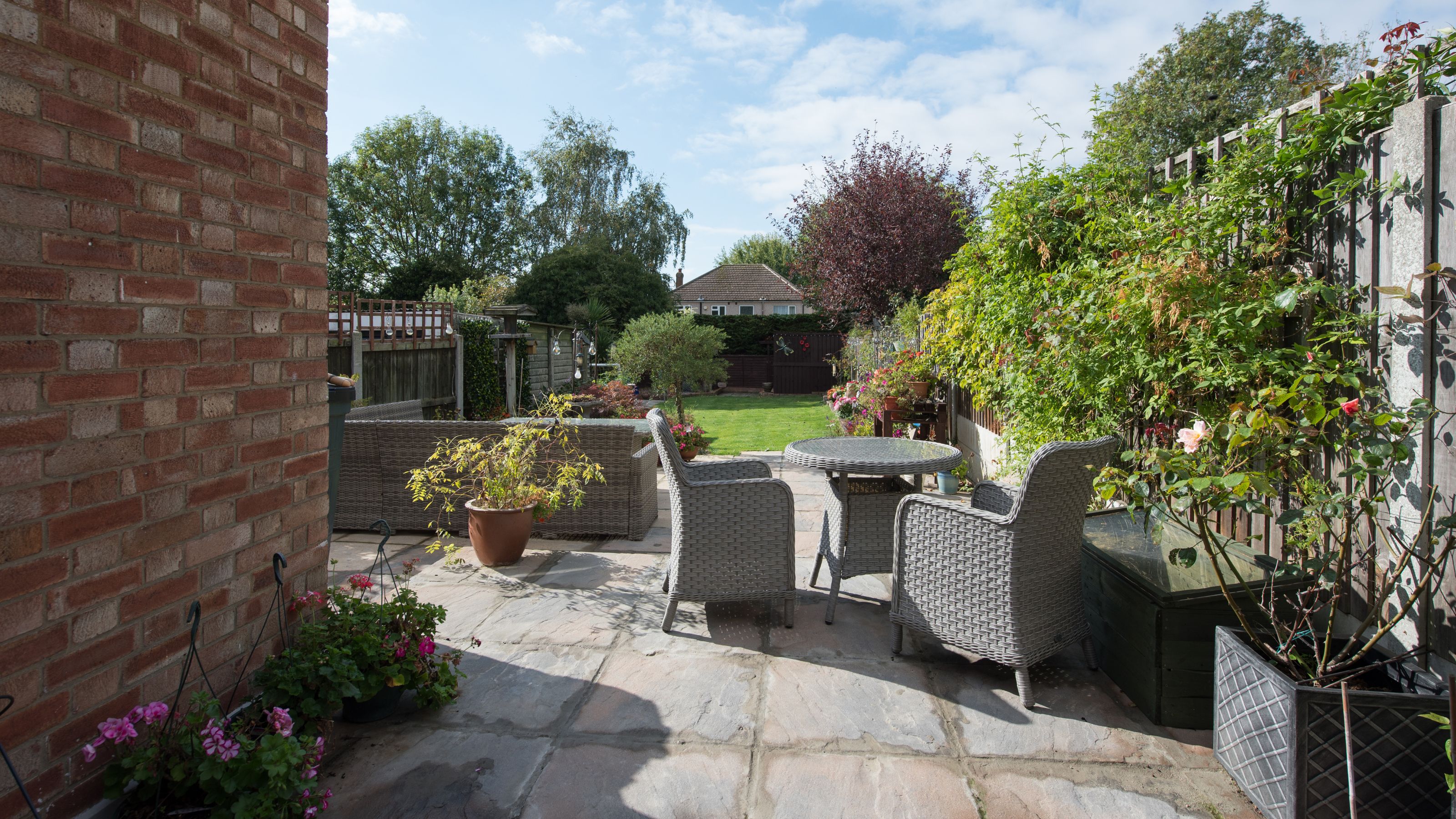
Sign up to our newsletter for style inspiration, real homes, project and garden advice and shopping know-how
You are now subscribed
Your newsletter sign-up was successful
Planning permission for garden fences might not be the most glamorous of topics, but recent weeks have seen plenty of people wondering exactly how high a fence can be – and for good reason.
It's all well and good having a long list of garden fence ideas to mull over, but there's no point obsessing over the best colours to paint your fence until you've researched the rules for fences in the UK.
One man from Telford recently learned this the hard way, making headlines when, after removing a garden hedge and trees to install a wooden fence, he was informed by the Local Planning Authority that he had committed an illegal act.
Planning permission for garden fences
That's right: just as gardeners could be slapped with a £5,000 fine for making a garden waste mistake, so, too, could they find themselves in serious trouble for building a fence on their property.
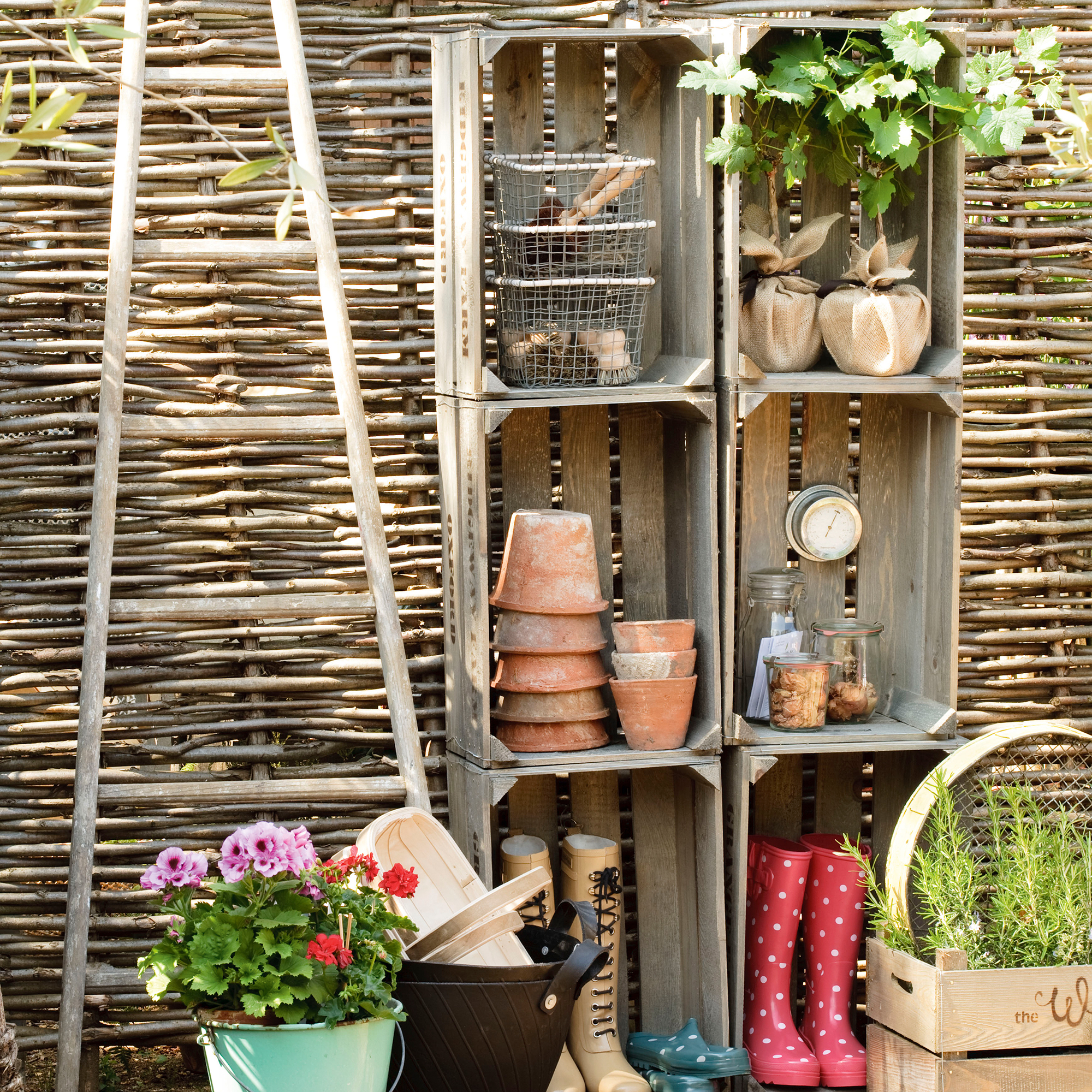
'Erecting a fence beyond the permitted height can lead to enforcement actions, including orders to alter or remove the fence,' explains Steven Bell, the CEO of Paving Shopper.

Steven Bell is the managing director of Paving Shopper, known for his expertise in gardening, landscaping and paving. He leads the company with a focus on quality and innovation, ensuring Paving Shopper remains a trusted source for diverse paving needs.'
So, how high can a fence be without planning permission? Do you need your neighbour's permission to put up a fence? And who even owns the fence on a boundary between two properties?
How high can a fence can be without planning permission?
Before you learn how to paint a fence, it's important to remember that, when it comes to seeking planning permission for garden fences in the UK, a good general rule of thumb is to keep things under 2 metres.
Sign up to our newsletter for style inspiration, real homes, project and garden advice and shopping know-how
'The typical maximum height for a garden fence without planning permission is 2 metres, and 1 metre if it's adjacent to a highway or footpath – and that includes the trellis,' says Steven.
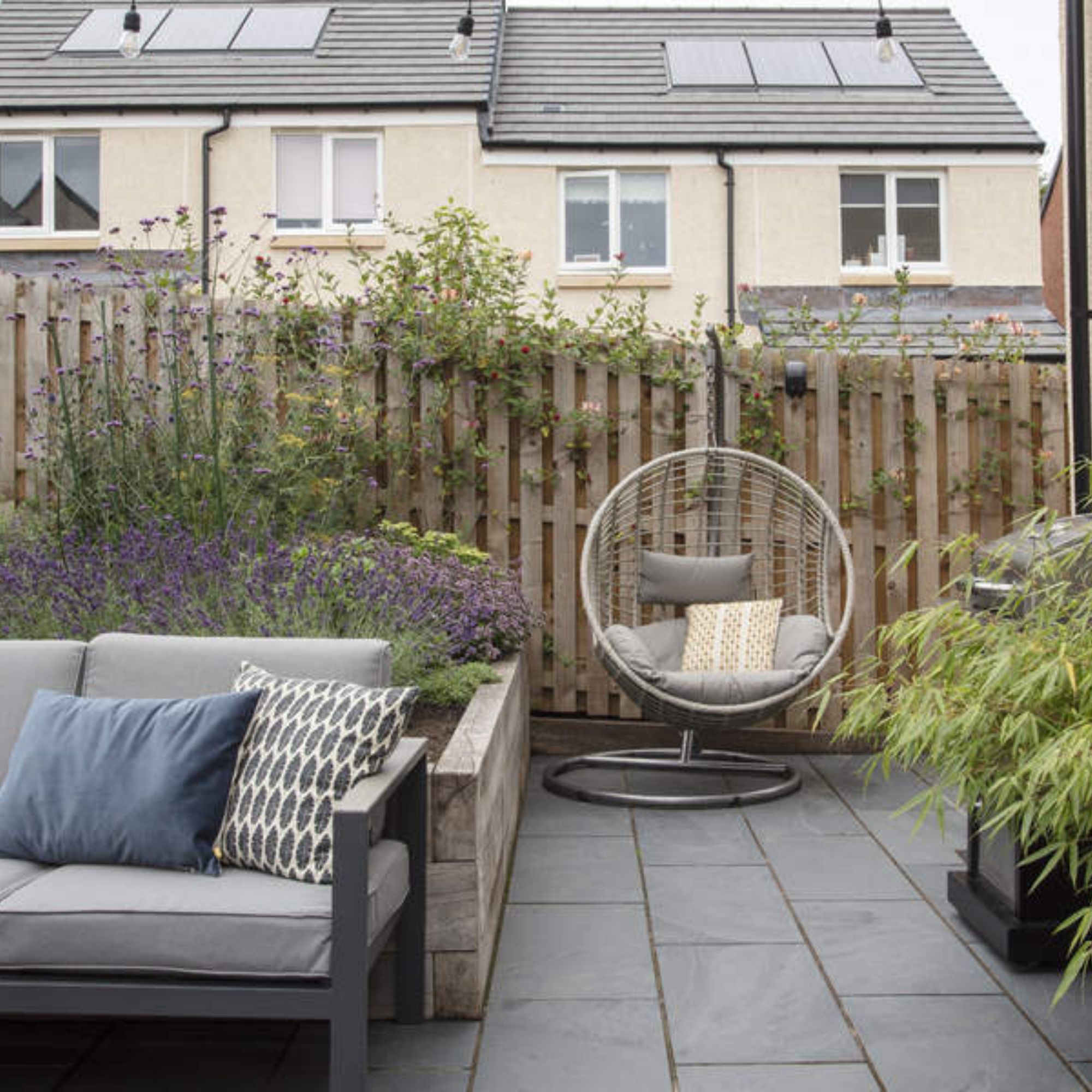
However, he cautions that 'checking with local authorities is crucial, as there can be subtle variations in regulations based on location'.
What is the best height for a fence?
The ideal height for a fence really depends on its purpose, which may impact your garden screening ideas.
'For privacy and security, 2 metres is generally suitable,' says Steven. 'However, I've found that in more community-focused areas, shorter fences can foster a friendlier, more open neighbourhood feel.'
He goes on to explain that front garden fences are usually lower for a more welcoming appearance, while back garden fences can be higher for added privacy.
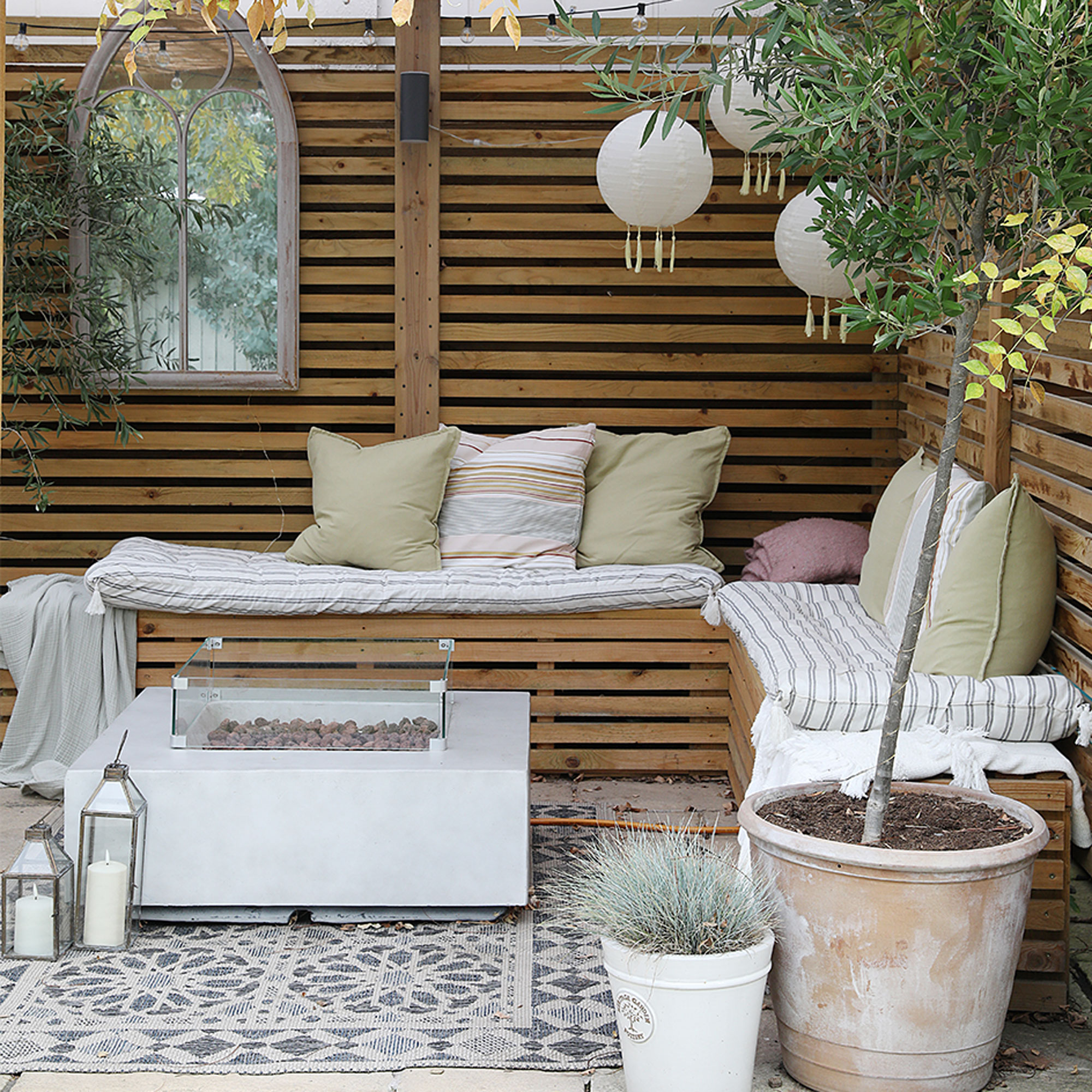
'Personally, I like the balance of a lower front fence that complements the house's facade and a taller, more private boundary at the back,' says Steven.
Who owns the fence in your garden?
There is no real way to tell who owns a fence by looking (although it tends to be the case that the builders or property owners should have put the fence up facing away from their own property, so their neighbour gets the 'good' side).
'When it comes to who owns what fence, it can be quite confusing, and can often cause problems between neighbours,' says Craig Wilson, co-founder, director & in-house gardening expert at Gardeners Dream.

Craig Wilson, co-founder and director of Gardener's Dream Ltd, has established himself as a key figure in the online gardening industry. With over two decades of plant knowledge and gardening experience, he takes pride in sharing his top tips and tricks for the garden.
'To avoid this, refer back to the title deeds to your house. Here you will find a visual of your home's boundary lines, which will indicate which side you have ownership of, often marked with a T.'
If you don't own your home, you can also refer to the plans that are registered with the Land Registry (which may charge a small fee to access).
What should people consider before building a fence?
Forget the fence colours to avoid: prior to erecting a fence at all, you need to consider its purpose, material, maintenance, local regulations, and neighbourly relations. It is also important to consider whether or not you will need planning permission first.
'When building a fence between your garden and your neighbours there are a few things that you should consider. Firstly, you want to think about how the height of your fence will impact how the sun reaches yours and your neighbours' gardens,' says Craig.
'If the sun sits low in the sky, your fence might reduce the amount of sunlight that makes it into your space. Another thing to consider is the style of the fence in relation to other fences around your garden, as well as the style of your garden.'

Craig says that is also worth considering your neighbours here, too. 'Would the style of fence you chose look drastically out of place in their garden? If so, maybe consider something that works for you both,' he suggests.
'Lastly, I’d also advise you to think about how your chosen fence will stand up against high wind speeds,' he finishes.
'Wind is the most common cause for fence damage, so you’ll want to think about the fence material, and how your posts are secured into the ground in relation to the likelihood of bad weather in your area.'
Should you replace your fence with a hedge?
Unlike fences, you don't normally need planning permission to plant a hedge in your garden, and there are no laws that say how high you can grow your hedge (although you will be responsible for its upkeep).
'Hedges make for an attractive, affordable, and environmentally friendly alternative to traditional wooden fences,' says Tom Kitching, executive chairman at Henchman.
'Not only do they add more greenery to your garden, but they also help with noise reduction, provide protection from wind, and offer shelter and food sources for all kinds of wildlife like bees, butterflies, hedgehogs and birds. Plus, they generally require very little maintenance throughout the year and are much cheaper than a fence!'
Photinia × fraseri 'Little Red Robin' | £19.99 at Crocus
A winner for small gardens, this vibrant hedge can cope with hard pruning, which means it can be trimmed to form an informal hedge or clipped into strong shapes.
It's a good idea to choose between one of the best hedging plants if you decide to go down this route, continues Tom.
'To avoid having to wait too long for your screen to reach the desired height, opt for something that is fast-growing,' he says.
'Common Elder is a plant with beautiful-scented flowers that produces elderberries and Mock Orange offers dense, dark leaves with pretty white flowers during summer, both of which make for wonderful additions to the garden.'
'Eucalyptus is another popular fast-growing choice, and it has many additional uses around the home so that you can make use of any cuttings.'
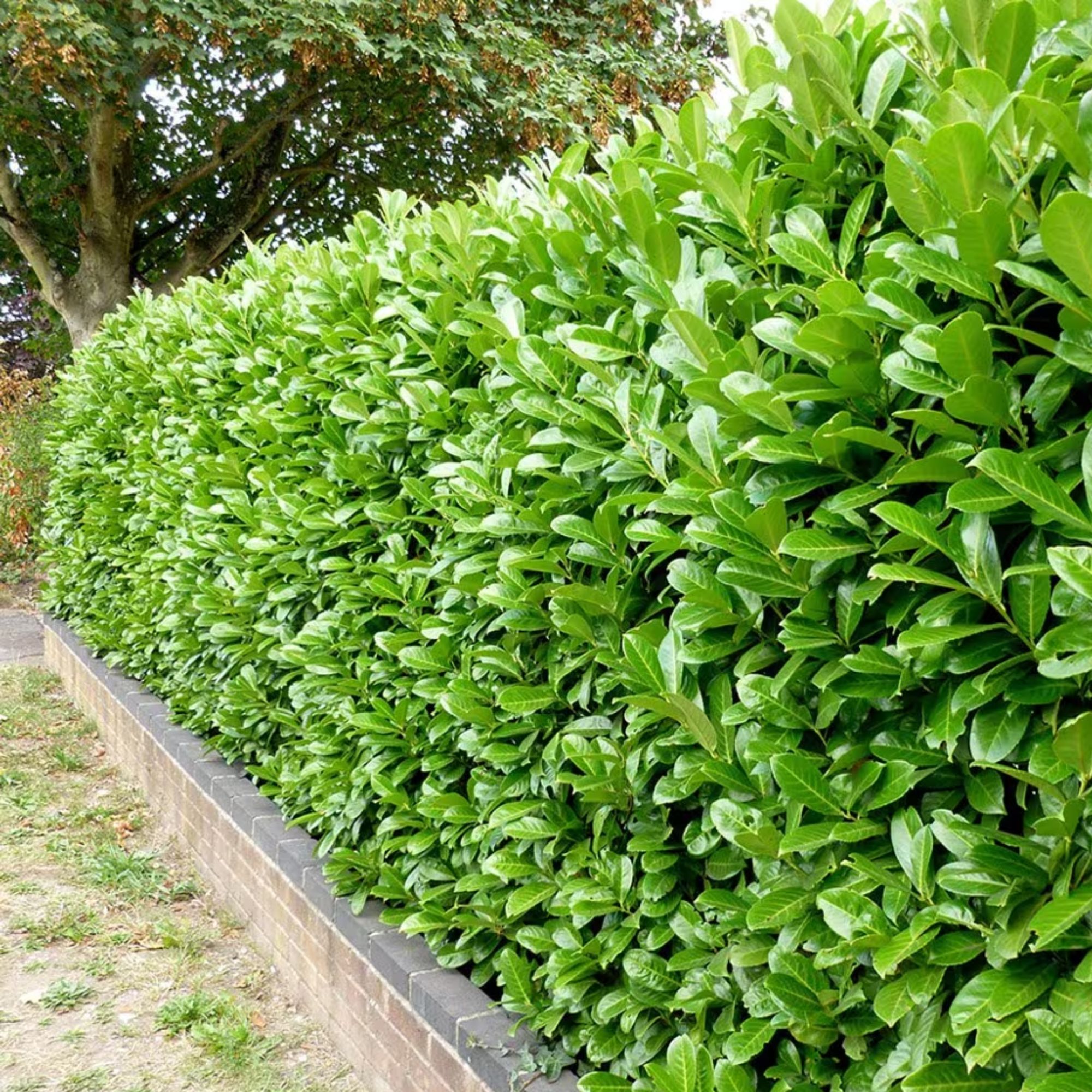
'Evergreens will provide an attractive screen with year-round colour, and again there are plenty of plants to choose from,' adds Tom, noting that he would choose Photinia Red Robin, Escallonia, Mexican Orange Blossom, or the Portuguese Laurel for this purpose.
Alternatively, a thorny hedge like 'Pyracantha make an ideal choice for a multi-functional, secure barrier'.
Now that you know all the rules around planning permission for garden fences, you can get to work figuring out which garden screening idea best suits you and your backyard.
Just be sure to keep things under 2 metres – unless, of course, you're happy to apply to your Local Authority for permission, that is!

Kayleigh Dray became Ideal Home’s Acting Content Editor in the spring of 2023, and is very excited to get to work. She joins the team after a decade-long career working as a journalist and editor across a number of leading lifestyle brands, both in-house and as a freelancer.
